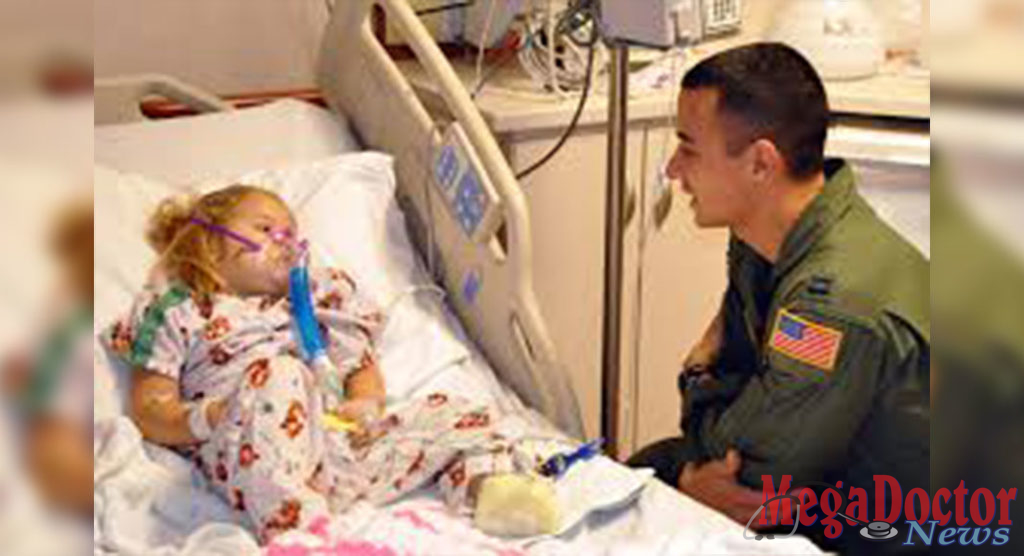
Mega Doctor News
As originally published in Mega Doctor News newsprint edition May 2020.
According to WebMD. Though the coronavirus doesn’t infect as many children as adults, doctors are alarmed that a growing number of children are becoming sick with a condition called Pediatric Multisystem Inflammatory Syndrome, which may be related to the coronavirus.
Cases have been reported in Europe and the United States, with one death reported so far – a 14-year-old boy in England, according to a study published in the medical journal The Lancet.
Sixty-four cases have been reported in New York state as of Tuesday, the New York State Department of Health says in a health advisory.
In New York City, 15 children have been hospitalized, according to an alert by the city Health Department issued Monday.
Symptoms of pediatric multisystem inflammatory syndrome include a fever, rash, swollen lymph nodes, and belly pain, the Health Department said in its advisory.
A persistent cough and breathing troubles, two of the main symptoms of COVID-19, are not listed as symptoms of the condition.
The state Health Department said the condition has similarities to toxic shock syndrome and Kawasaki disease, a childhood illness. The CDC says Kawasaki disease usually affects children under age 5 and is a leading cause of acquired heart disease in the United States.
Doctors think pediatric multisystem inflammatory syndrome is related to the coronavirus because most of the young New York state patients have tested positive for the coronavirus or its antibodies, the Health Department said.
“Early recognition by pediatricians and prompt referral to an in-patient specialist, including to critical care, is essential,” the health advisory said.
The New York Times reported that treatments include steroids, intravenous immunoglobulin, aspirin, antibiotics, and oxygen, sometimes through a ventilator in the most serious cases.
“This is presenting very much like a common childhood illness, which it is not,” Katie Schafer, DO, a general pediatrician near Detroit, told The Times. “This is a novel diagnosis that doesn’t exactly have a name, doesn’t exactly have a timeline, doesn’t exactly have a protocol. We didn’t learn about this in medical school.”









